After a fire at a Value Village thrift store in East Vancouver, freelance journalist Stanley Tromp wanted to get his hands on the fire investigation report. The report, completed after every major fire, would show how the fire started and what steps the fire department took to battle the flames.
But when Vancouver Fire Rescue Services told him the report would cost $260, he balked at the cost. As Tromp explained to The Tyee, he was interested in finding out whether four fires might be linked. The total cost would be over $1,000 — prohibitive for a freelance journalist and for many smaller publications.
The Tyee’s article on Tromp’s decision to appeal the fee — which he lost — came to the attention of the Canadian Association of Journalists, which has announced that Vancouver Fire Rescue Services will win a “Code of Silence” award. These satirical awards are handed out every year to government bodies the CAJ has decided have gone above and beyond when it comes to keeping information from the public.
Tromp lost his request to waive the fee under B.C.’s Freedom of Information and Protection of Privacy Act because the province’s privacy office ruled the act does not apply to records that are available for purchase to the public.
Tromp told The Tyee he was concerned that could lead to governments using high fees as a way to shield themselves from public scrutiny.
"Taxpayers have already paid for the costs of producing these records," said James Turk, director of the Centre for Free Expression at Toronto Metropolitan University, in a release from the CAJ.
"Now, B.C.’s flawed law makes it possible to force the public to pay again and pay, as in this case, an outrageously high fee. It is inexcusable that the Vancouver Fire Rescue Services has chosen to continue to make such important public information prohibitively expensive for most people when the cost of distribution is minimal in our digital era.”
The Tyee previously paid the $260 fee for a fire investigation report when we were reporting on the Winters Hotel fire, a report that provided key insights into how the fire was started and confirmed residents’ experience of being unable to find any working fire extinguishers the day of the fire.
The reports can also show terrifying close calls that don’t result in death or injury but illustrate how serious the fire was — like this story about a pregnant woman who was trapped on her balcony as she waited for firefighters to rescue her.
It should be no surprise that we’re reporting a lot on fires these days. Starting in 2020, the number of fires in British Columbia has shot up. So has the number of deaths and injuries from fires. Fire departments and the fire commissioner spend a big proportion of their resources trying to educate the public on how to prevent and respond properly to fires.


But it’s not just the Vancouver fire department that charges high fees for fire investigation reports. When The Tyee was investigating a fire at an apartment building in Vancouver’s Mount Pleasant neighbourhood, we discovered the same owner had had previous fires at another building he owned in Burnaby — including a 2009 fire that resulted in a death and serious injuries.
When The Tyee asked for the fire reports for the two Burnaby fires, we were told the cost would be just over $400 for the two reports, and our request for a fee waiver was refused. City of Burnaby staff suggested we also ask the Office of the Fire Commissioner, a provincial agency. The fire commissioner did have shorter versions of the fire investigation reports, and better yet, they sent the documents to us without having to go through the freedom of information request process.
But there was a catch. After repeatedly requesting the second report, we were told that next time we would have to submit an FOI request to get the information. We realize that sometimes documents must be reviewed and redactions made to protect privacy — part of the job of a trained FOI clerk. But asking us to submit an FOI could have added months to our request, delaying a story we believed was in the public interest.
All of this — the high fees, the back and forth over what is available with or without an FOI request — is frustrating, because it’s so clear that responsibly publishing information from fire reports can help the public understand the danger of fires.
Fire investigation reports can provide vital information on how a fire started, how it spread and how residents responded when they realized their building was on fire and their neighbours were in danger.
“It has to draw attention to the problem,” Tromp said of the Code of Silence award.
“I hope this award will induce city hall to stop this dangerous absurdity.” ![]()
Read more: Rights + Justice, Politics, Media




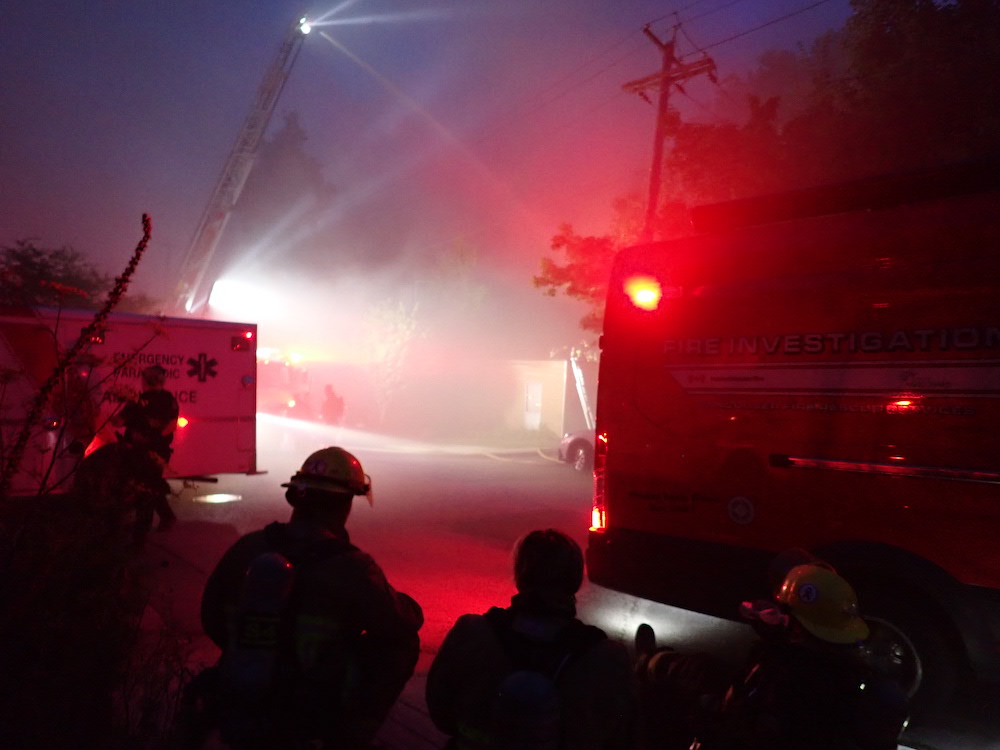

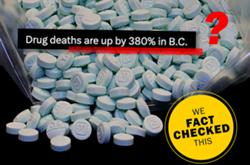

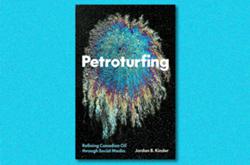



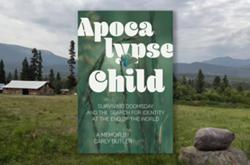



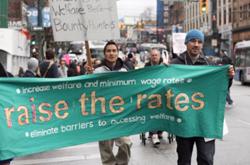
Tyee Commenting Guidelines
Comments that violate guidelines risk being deleted, and violations may result in a temporary or permanent user ban. Maintain the spirit of good conversation to stay in the discussion and be patient with moderators. Comments are reviewed regularly but not in real time.
Do:
Do not: